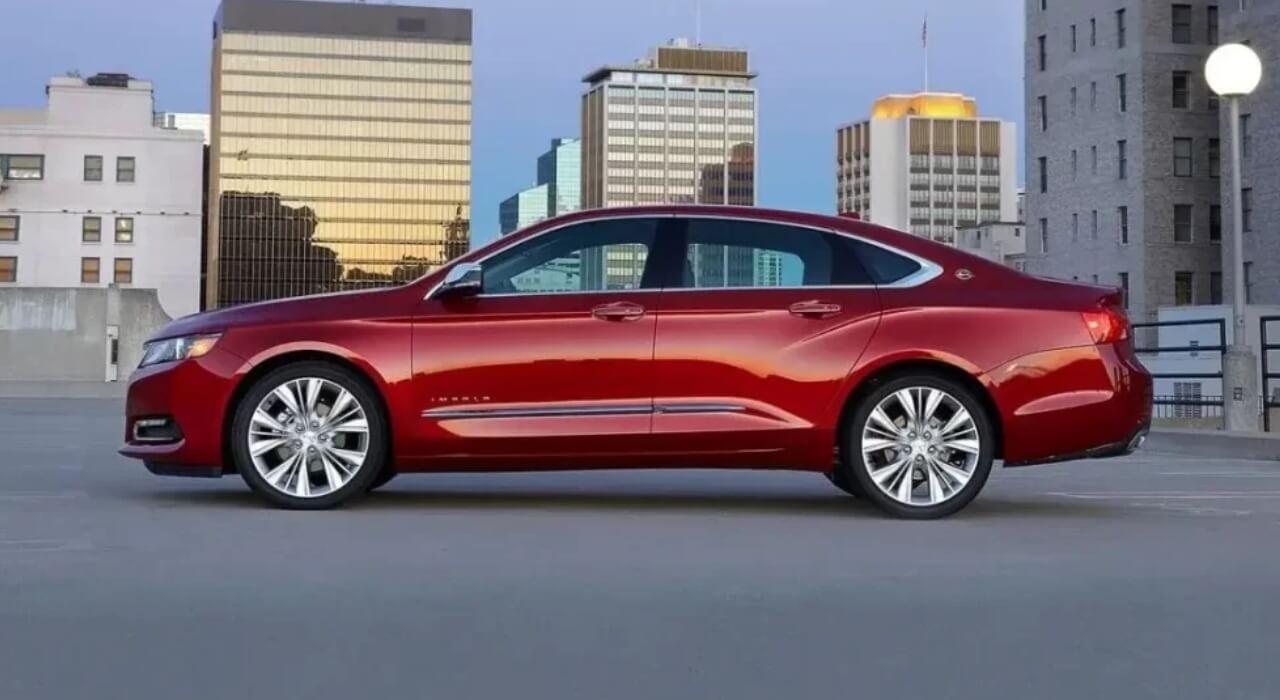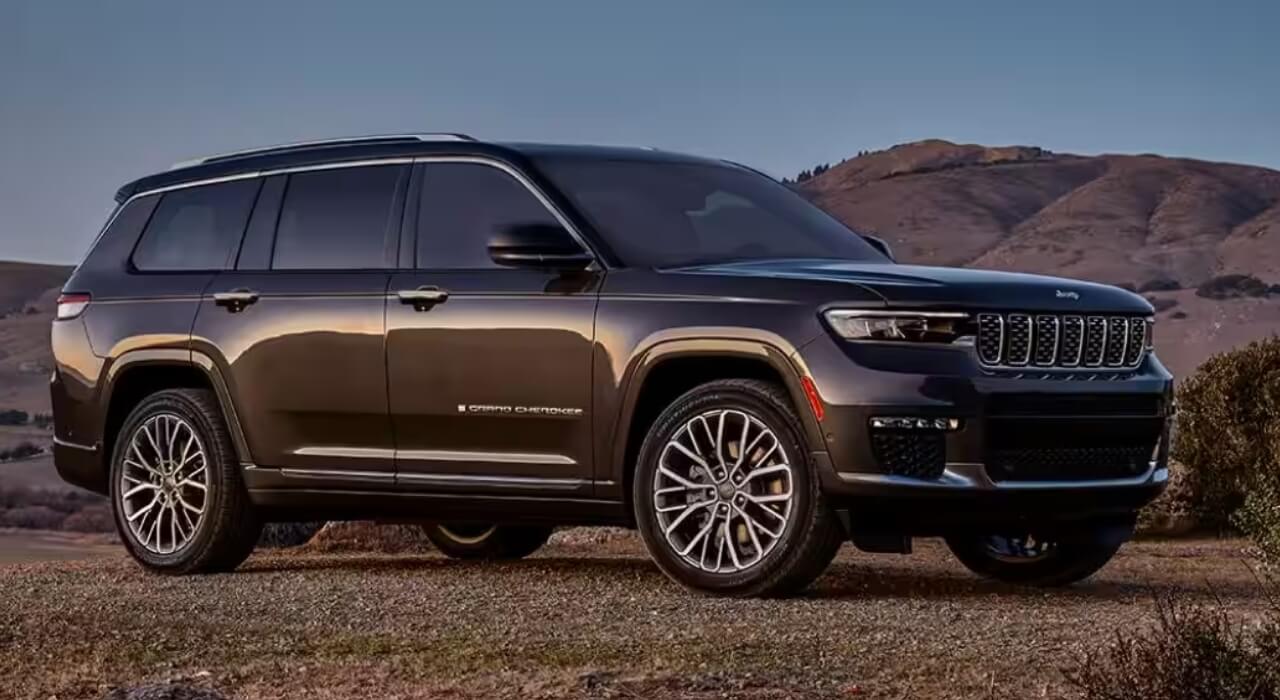The onset of the electric vehicle (EV) era marks a pivotal shift in the automotive landscape. Initially considered a niche market, EVs have rapidly gained popularity, driven by a global push for sustainability and advancements in technology. This surge reflects a growing awareness of the environmental impact of fossil fuels and a collective effort to reduce carbon footprints. The evolution of EVs is not just a story of technological innovation; it’s a narrative about society’s growing commitment to a greener future.
The journey of EVs from concept to mainstream acceptance has been fraught with challenges. Early adopters grappled with limited range, high costs, and a sparse charging infrastructure. However, these challenges catalyzed a wave of innovations. Governments and private entities have collaborated to expand charging networks, while technological advancements have significantly improved battery life and efficiency. Today, owning an EV is no longer a cumbersome endeavor, but a practical and increasingly popular choice.
The global trends in EV adoption present a fascinating study in market dynamics. Nations around the world have introduced policies and incentives to encourage the use of EVs, recognizing their potential to combat climate change. The market has responded enthusiastically, with a surge in EV sales and an ever-expanding array of models available to consumers. This widespread adoption is a testament to the success of these policies and the evolving public perception of EVs.
Suggestion: Do You Need To Pay Sales Tax On Cars In New Jersey?
The impact of this revolution extends beyond environmental benefits. The rise of EVs has significant economic implications, reshaping industries and creating new markets. As traditional automotive manufacturers adapt to this new reality, a host of new players has emerged, specializing in EV technology and infrastructure. This shift is not just about changing how we power our vehicles; it’s about reimagining our transport systems and the economic structures that support them.
Technological Innovations in EV Charging
The evolution of EV charging technology is a story of remarkable progress. From the early days of slow, overnight charging, we have moved to an era where rapid, high-power charging is becoming the norm. This leap in technology has been crucial in making EVs a viable option for the average consumer, eradicating the so-called ‘range anxiety’ and making long-distance travel feasible.
One of the most exciting developments in this space is the advent of wireless charging. Imagine driving your EV over a charging pad and having it recharge automatically, without the need for cables or plugs. While still in its nascent stages, wireless charging has the potential to revolutionize EV charging, offering unparalleled convenience and further integrating EVs into our daily lives.
Battery technology is the cornerstone of the EV revolution. Recent breakthroughs, particularly in the development of solid-state batteries, promise to offer higher energy density, faster charging times, and longer life spans. These advancements are not just enhancing the efficiency of EVs; they are also making them more affordable and accessible to a broader segment of the population.
Also Check: Best And Worst Years For Subaru Forester
The integration of EV charging with renewable energy sources is a crucial step towards sustainability. As the world shifts towards solar and wind energy, the ability to charge EVs using these green sources is a game-changer. This integration not only reduces the carbon footprint of EVs but also helps in stabilizing the grid and promoting the use of renewable energy.
The Role of Policy and Regulation
Government initiatives and incentives have been instrumental in driving the growth of EVs and the development of their charging infrastructure. From tax rebates to subsidies for charging station installations, these policies have lowered the barriers to EV adoption and incentivized both consumers and manufacturers. The role of policy in shaping the EV landscape cannot be understated; it has been a catalyst for change, propelling the industry forward.
The standardization of charging infrastructure is a critical issue in the widespread adoption of EVs. Ensuring that charging stations are compatible across different makes and models of EVs is essential for a seamless user experience. Governments and industry bodies are working towards establishing universal standards, which will play a pivotal role in the future growth of the EV market.
Safety regulations and compliance are of paramount importance in the EV charging sector. Ensuring that charging stations meet stringent safety standards is crucial to protect users and the environment. Regulatory bodies are continuously updating and refining these standards, reflecting the evolving nature of the technology and its applications.
Suggestion: Is It Better To Leasing Or Buying A Car In 2024?
Looking ahead, the future of policy and regulation in the EV charging sector is likely to focus on further supporting the industry’s growth. This could include more aggressive targets for EV adoption, increased funding for charging infrastructure, and more robust sustainability standards. As the sector evolves, so too will the regulatory landscape, adapting to new challenges and opportunities.
The Business Landscape of EV Charging
The EV charging market is a burgeoning field with a diverse array of players, from established automotive giants to innovative startups. This competitive landscape is driving rapid advancements in technology and service offerings. Companies are continually striving to improve their products, reduce costs, and enhance the user experience, fueling a dynamic and fast-evolving market.
In this competitive arena, Zero Impact Energy (ZIE), augmented by its subsidiary Zero Impact Solutions (ZIS) – an integral design, engineering, and consulting arm – stands out as a pioneering force. ZIE’s comprehensive suite of solutions, which extends from financing and education to the construction of Electric Vehicle Service Equipment (EVSE) sites, demonstrates the innovative spirit of this industry. Their proprietary EV charging software system, EVOLV, sets a new standard in operational efficiency and user experience. By offering a turnkey EPC solution, ZIE, not only simplifies the electrification process for businesses but also ensures significant cost savings, highlighting their unique position in the market.
The EV charging industry is witnessing the emergence of innovative business models. From subscription-based services to pay-per-use models, companies are exploring new ways to monetize EV charging. Partnerships with retail and hospitality sectors are becoming increasingly common, reflecting the growing integration of EV charging into our everyday lives.
The investment landscape in the EV charging sector is robust, with significant capital flowing into the industry. Investors are recognizing the long-term potential of this market, driven by increasing EV adoption and supportive government policies. This influx of investment is fueling innovation and growth, with new products and services constantly emerging. The future outlook for this sector is bright, with predictions of continued expansion and evolution.
Advancements in User Experience
Improving the accessibility and convenience of EV charging is a key focus of the industry. Efforts are underway to make charging stations more user-friendly, with clear signage, easy-to-use interfaces, and convenient payment options. These improvements are essential to encourage wider adoption of EVs and ensure a positive experience for users.
Smart charging solutions represent a significant leap forward in EV technology. These systems allow users to optimize charging times based on electricity rates, reducing costs and minimizing the impact on the grid. They also offer enhanced features such as remote monitoring and control, providing a more seamless and integrated charging experience.
The integration of EV charging infrastructure into the concept of smart cities is a visionary step towards a sustainable urban future. Smart cities, with their focus on connectivity and efficiency, are the perfect backdrop for the widespread adoption of EVs. This integration will not only reduce urban pollution but also enhance the efficiency and livability of our cities.
Consumer behavior and adaptation to EVs are evolving rapidly. As charging technology becomes more advanced and accessible, more people are considering EVs as a viable alternative to traditional vehicles. This shift in consumer behavior is a critical component of the transition to a more sustainable transportation system.
Environmental Impact and Sustainability
Reducing the carbon footprint of transportation is a primary goal of the EV revolution. EVs, particularly when paired with renewable energy sources, offer a sustainable alternative to fossil fuels. As the charging infrastructure becomes greener, the environmental benefits of EVs will continue to grow.
Popular Post: Top 9 Best 500 Hp Cars Under $20k You Can Buy In 2024
The lifecycle analysis of EV charging stations is an important aspect of their environmental impact. Considering the entire lifespan of these stations, from manufacturing to decommissioning, is crucial to understand their true environmental footprint. Efforts are underway to make these stations more sustainable, using eco-friendly materials and energy-efficient designs.
Despite the significant strides made in sustainable EV charging, challenges remain. Issues such as the disposal of batteries and the sourcing of materials for charging stations need to be addressed. The industry is actively seeking solutions to these challenges, striving to make EV charging as sustainable as possible.
The future directions for eco-friendly charging are promising. Innovations in battery technology and renewable energy integration are paving the way for a more sustainable future. As technology advances, the environmental impact of EV charging will continue to decrease, making it an increasingly attractive option for consumers and businesses alike.
Final Thoughts
The evolution of EV charging technology is a critical component of the broader shift towards sustainable transportation. As we look to the future, continued innovation, supportive policies, and a commitment to sustainability will be key to the success of this revolution. The journey of EV charging technology is far from over; in many ways, it has just begun. With each advancement, we move closer to a future where electric vehicles are the norm, not the exception—a future that is cleaner, greener, and more sustainable for all.


















